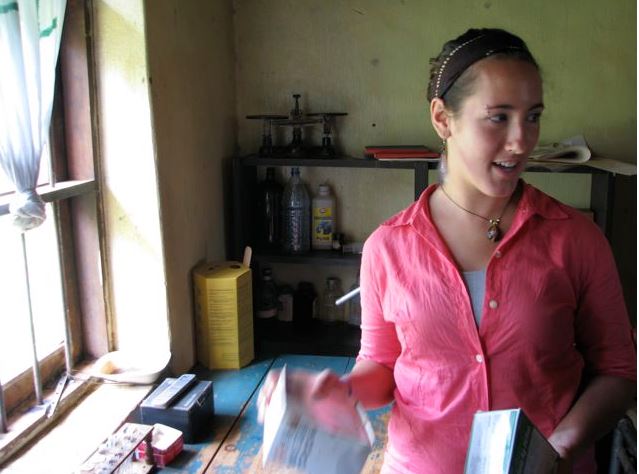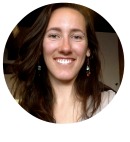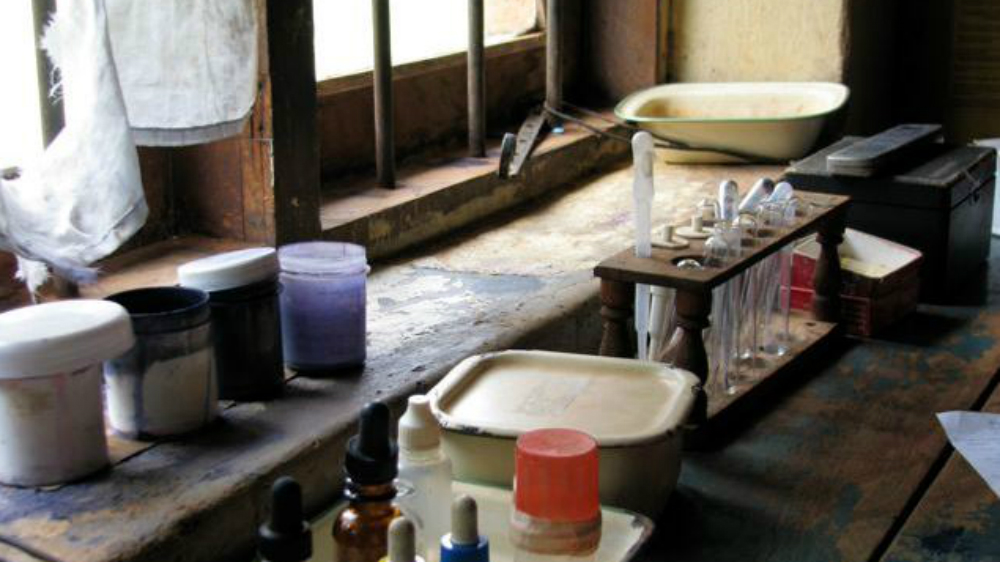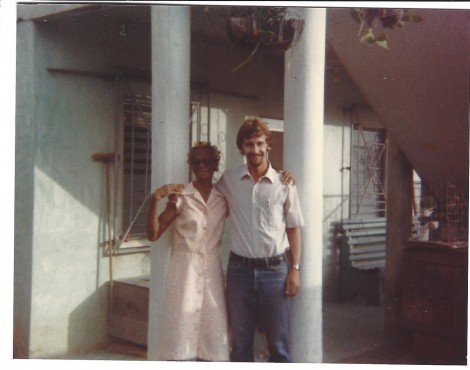A very pregnant, soon-to-be mom wobbled bow-legged down the hallway as my guide led me on a tour of the Nyarero Health Clinic. We continued our walk down the long, sun-streaked hall until we reached the birthing room. Yelling, she hopped up on a wooden table draped in green plastic, and with not another word, a newborn slid right out onto the table. The nurse and I stood back in shock (though most of the shock was probably mine).
“Don’t touch anything,” she said as she darted out in the pursuit of gloves. I stood alone in the middle of the room. The questions “What’s going on?” and “What do I do?” were racing through my English-speaking head. I just stared at the (thankfully) wailing child still attached to the relieved mother. I was petrified as I watched the birthing juices flow off the table into the bin perched below, apparently placed there for that very purpose. I would later see the pit where this bio waste was disposed, not far off from this very room. I came to think of it as “The Placenta Pit.”
The nurse briskly walked back in with one gloved hand to grab the newborn, cut the cord, swaddled the child, and handed it to the new mother. I was impressed but apprehensive that she did all this with only one glove. With the baby crying, the nurse delivered the placenta, making sure the uterus was cramping down to stop the bleeding, and informed the mother of a small perineal tear that she could quickly stich up. The mother’s eyes grew wide and she glued her legs together, refusing any stitches. She got back to her feet and made her way down the hall to the post-partum room, joining several other mothers and their newborns for recovery.
The nurse looked to me and shrugged as she began cleaning up the afterbirth mess with water and bleach. Was this a typical day in the clinic?
Not quite, but I would spend a lot of my time with moms and their children, much like I do now as an RN on a hospital postpartum unit in Colorado. This experience began my five weeks of service in the tiny rural village of Nyarero, Tanzania. I lived a quarter mile down the dirt road from the clinic, not far south of the Kenyan boarder and just northwest of the largest gold mine in the country.

Each day, I walked to the run-down health clinic that once was a proud hospital built by Mennonites in the mid-1900s. Now government funded, the clinic was staffed by two hardworking nurses making ends meet with very limited resources. I helped with daily functioning as much I could, even with my abysmal Swahili skills and though I was freshly out of an Obstetrics clinical at Goshen College.
The most helpful use of my time was spent in the pre- and post-natal clinic where I assessed pregnant mothers and provided lots of vaccinations to both moms and children of various ages. We educated mothers on nutrition, birth control, and development, and kept tract of community health statistics via piles of notebooks.
My time in the clinic didn’t always feel productive. But here I sit, four years later in snowy Colorado Springs, still pondering my experiences in the Mara Region. I learned important lessons of patience and resourcefulness while quickly recognizing how much I value the ability to ask questions. I have always loved asking questions and, while in Tanzania, I struggled with mustering up the language and the ability to comprehend the answer I received. It was a humbling experience, to say the least.
After SST, I returned to my nursing education (and now career) with a powerful appreciation for my ability to quickly and coherently ask relevant questions and, without hesitation, comprehend and apply the answers I receive.
I picture the woman waddling back down the hall with her newborn and I remember the nurse with one glove. I muster a smile as I move forward in my ever-challenging career with hopes that I’ll make an impact in each patient’s life, in women’s health, and in global healthcare — one question at a time.
 Indigo (Indy) Miller graduated from Goshen College in 2013, and went to Tanzania for SST in 2011. She now lives in her hometown of Colorado Springs, enjoying the mountains and living with family. After working in Long-Term Care Rehab last year, she is now enjoying working nights as an RN on a Mother Baby Postpartum unit at the St. Francis Medical Center. She spends as much time outside hiking and camping in the Rockies as she can, and is looking forward to heading back to Tanzania in the next two years, as well as pursuing a master’s in public health.
Indigo (Indy) Miller graduated from Goshen College in 2013, and went to Tanzania for SST in 2011. She now lives in her hometown of Colorado Springs, enjoying the mountains and living with family. After working in Long-Term Care Rehab last year, she is now enjoying working nights as an RN on a Mother Baby Postpartum unit at the St. Francis Medical Center. She spends as much time outside hiking and camping in the Rockies as she can, and is looking forward to heading back to Tanzania in the next two years, as well as pursuing a master’s in public health.



